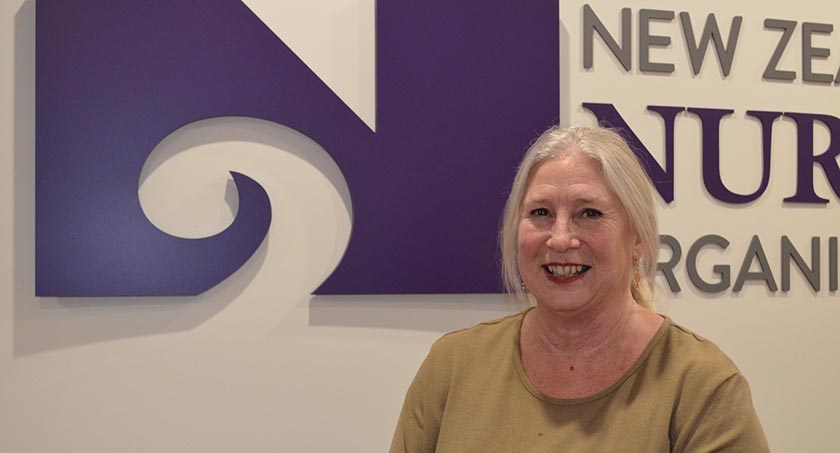As NZNO and other union members work on the COVID-19 frontline, protecting our borders, they, in turn, need protection.
They need physical protection in the form of appropriate personal protective equipment. They need employment protection to ensure fair and consistent pay, adequate staffing and their health and safety. And now, in the face of the vaccine rollout, they need psychological protection from the “no jab, no job” sentiment, which takes scant regard of the complexities of the total situation.
NZNO and other unions are working hard to counter that sentiment. It is one thing to insist on a COVID-19 vaccination as a condition of employment for a new employee, but it is a very different situation regarding those already in work. In the vast majority of cases, and certainly for nurses, there will be other work those who do not want to get vaccinated can be deployed to.
It is important to remember that those not wishing to receive the vaccine cannot all be lumped into the “anti-vaxxer” brigade. Pregnancy precludes vaccination, as do 158 medical conditions. There will be some who for considered reasons decide they do not want to be vaccinated; and others who may have genuine concerns about the speed with which the vaccine was developed and its safety. These concerns may not be supported by the evidence but are real for those people. Information and education will, hopefully, allay most people’s fears and we believe the majority of nurses will be willing to receive the vaccine.
But if a member does not want to receive the vaccine, they are still entitled to support, both industrial and professional.
The Council of Trade Unions has been working with the Ministry of Business, Innovation and Employment (MBIE) on developing guidance for employers and employees on the COVID-19 vaccines. While the Ministry’s Covid-19 Vaccines: Employment Guidance1 does not include everything the CTU wanted, it does provide a basis to work through the employment relationship issues that arise.
…employers cannot require an individual to be vaccinated, but they can require a specific role to be done by a person who has been vaccinated.
The guidance clearly states that employers cannot require an individual to be vaccinated, but they can require a specific role to be done by a person who has been vaccinated. Employers must have first done a health and safety (H&S) risk assessment, in collaboration with workers, unions and other representatives, to support the requirement that a particular task must be performed by somebody who has been vaccinated. Following such an assessment, employers can change an employee’s duties for H&S reasons, if the worker is not vaccinated. Any such process must be fair and reasonable and carried out in good faith, and employers must avoid unfair disadvantage. The guidance states: “Employers, in consultation with employees, must consider options, such as changing work arrangements, alternative duties or leave. If leave is used, this must be agreed and we encourage this be paid.“1
It says that individual dismissals are unlikely to be justifiable in almost all cases, based on current circumstances.
Workers do not have to tell their employer if they have been vaccinated or why they are unable to, or choose not to be vaccinated. But employers can ask workers if they have been vaccinated and if they worker does not state their vaccination status, then an employer can assume they have not been vaccinated. An employer cannot share a worker’s vaccination status without the worker’s consent.
The guidance recommends that employers “encourage and support” workers to get vaccinated. This could include on-site vaccination, allowing workers to get vaccinated during work time without loss of pay, and providing workers with relevant Ministry of Health information about vaccination and its benefits. It urges employers to engage early and constructively with unions when considering vaccination issues at their workplace.
Along with ensuring these guidelines are adhered to, NZNO is also working to ensure all nurses working in managed isolation/quarantine facilities (MIF/MIQ) are paid the same. There must be fair and consistent pay nationally, and whatever allowances/bonuses are paid as incentives to work in MIF/MIQ must be paid to all nurses working in these facilities.
NZNO is also providing other support to MIF/MIQ nurses, many of whom are feeling overworked, stressed and stigmatised.
Our work in this area will continue for some time. These issues are not going to go away anytime soon and we must ensure those working in MIF/MIQ get the best possible range of protections.
Reference
- New Zealand Government. (2021). COVID-19 Vaccines: Employment Guidance.




